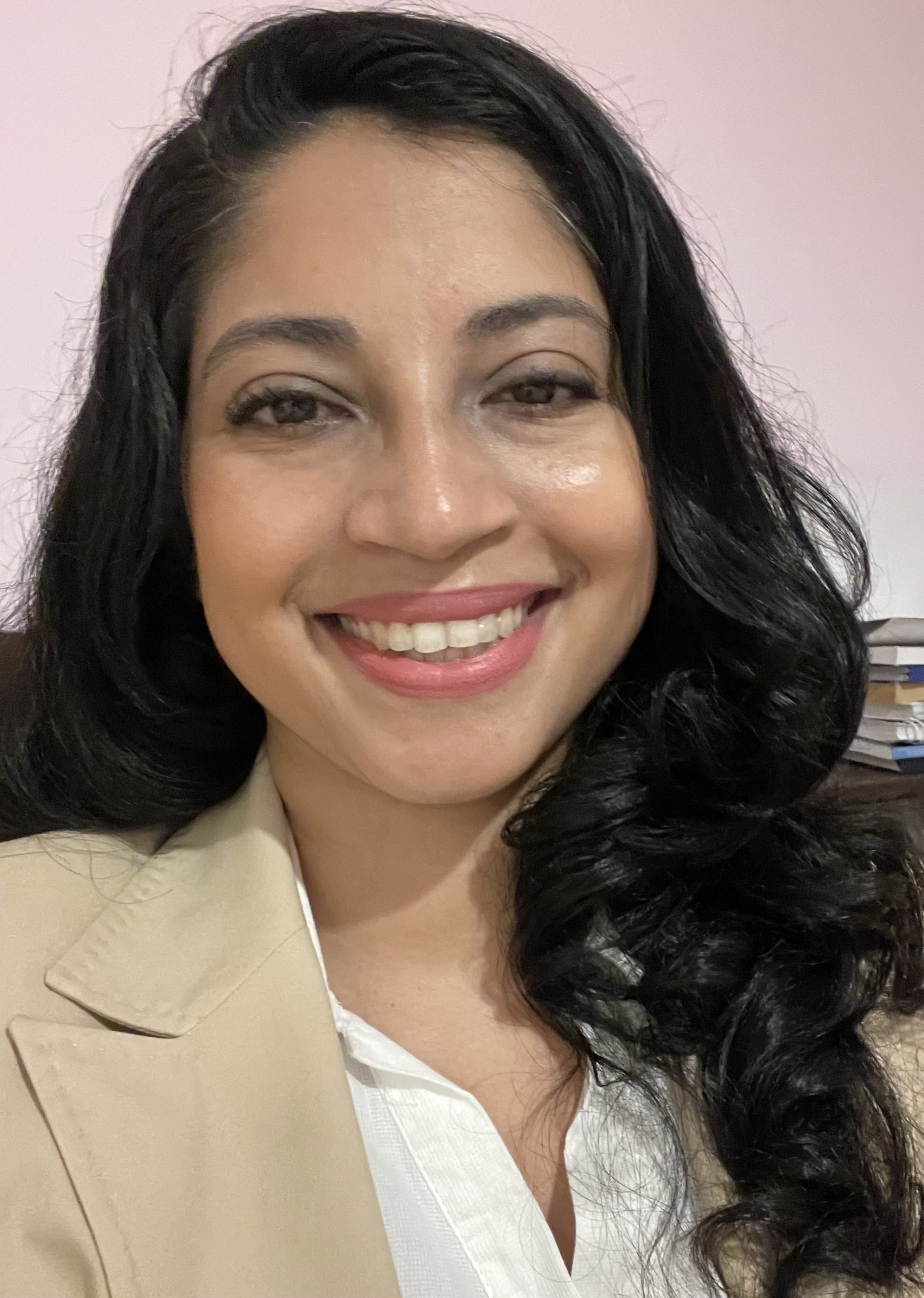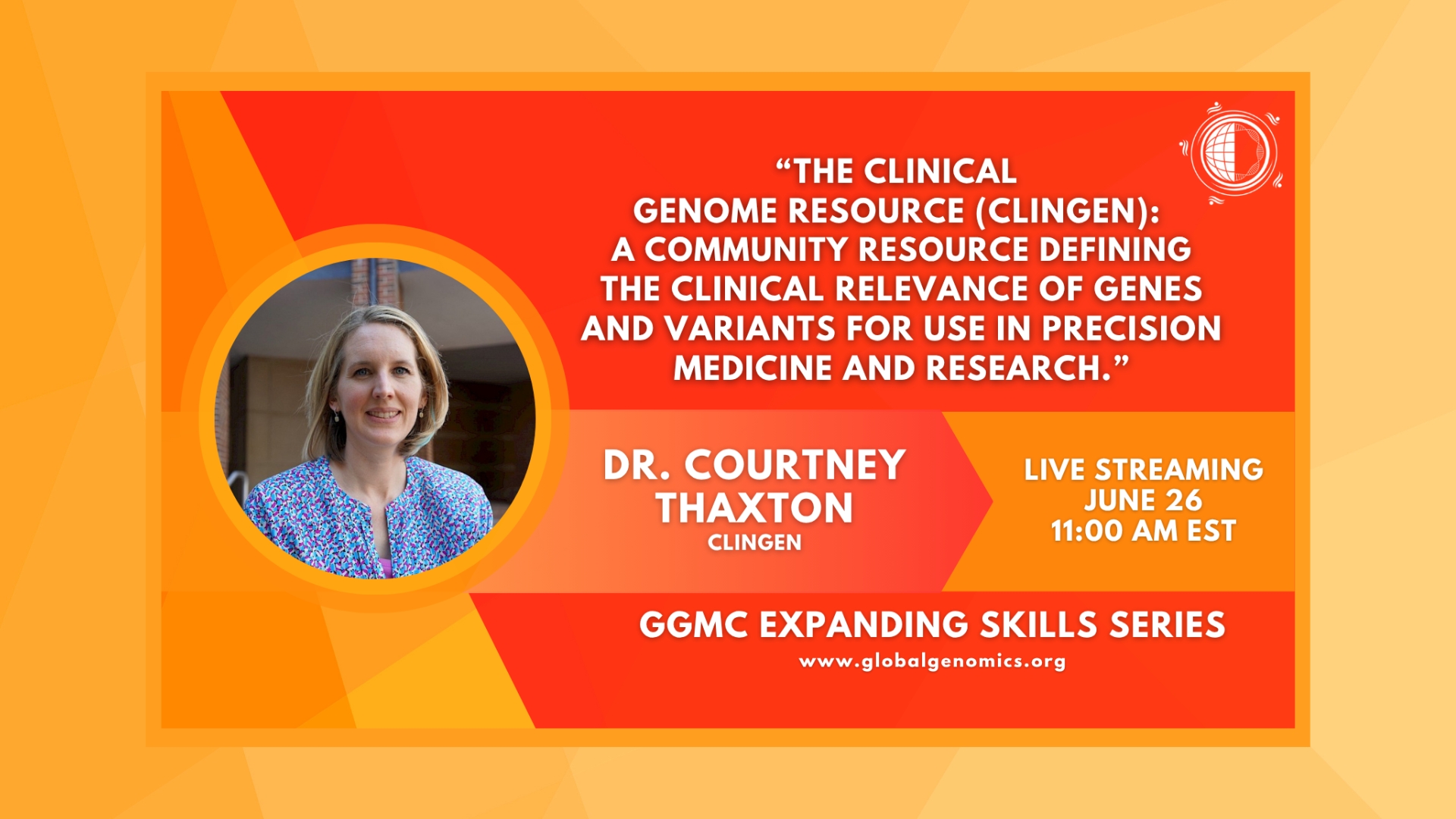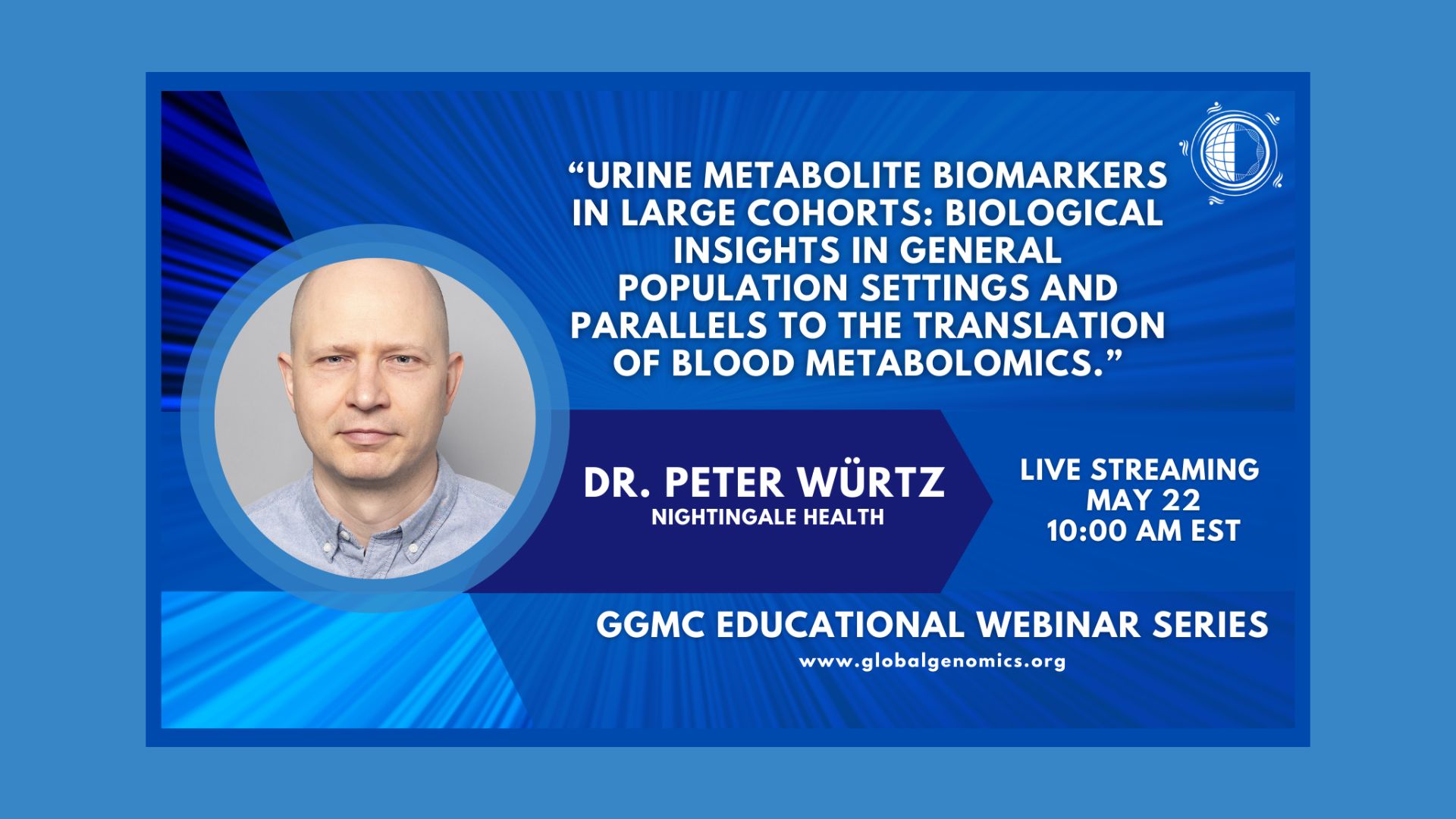Young Investigator Subcommittee
The Young Investigator Subcommittee is continuing planning for the Young Investigators Forum – a component of the 2021 G2MC International Conference. The committee has extended the deadline for the forum abstract submissions and also, opened the call for grant proposals towards a specific mentor or Working Group in order for the Young Investigators to engage in a fruitful mentorship experience.
Evidence Working Group
The Evidence Working Group has been conducting an evidence review of the clinical utility of genomic medicine. The group is in the process of analyzing the results of the manual literature search and drawing conclusions, and will next engage with technology partners to develop an Artificial Intelligence (AI) system that will allow for better refined searches and automatic updates in the areas deemed significant from the systematic review.
Education Working Group
A manuscript discussing the distribution and results of the Education Needs Assessment Survey has been prepared and is nearing completion. Pending final reviews from the G2MC leadership, the manuscript will be submitted for publication. The group is also continuing the planning of the Genomic Medicine Immersion Course which will now take place virtually as part of the 2021 G2MC International Conference. Other course and workshop opportunities are also being considered.
Policy Working Group
The Policy Working Group co-chairs have recently convened and are enthusiastic about regrouping with the working group to reinvigorate the policy workstream. A review of the policies listed on the Genomic Medicine Policy website is currently underway to identify any gaps and to inform suggestions to the working group on potential areas for focus. The group will also begin to investigate opportunities to align and combine policy efforts with other genomic medicine organizations to share best practices. Finally, the group plans to form a group to create a white paper on how genomics has informed public health policy decisions during the COVID-19 pandemic.
Family Health History Flagship Project
The Family Health History Flagship Project is undertaking several initiatives to identify and share models and tools that will help expand the use of family health history (FHH) in clinical care, while identifying opportunities to streamline efforts. During the most recent FHH team meeting, a member of the Global Alliance for Genomics & Health (GA4GH) Pedigree Subgroup joined to discuss the group’s current initiatives and discuss potential collaboration opportunities with the FHH project team.
Currently, a member of the FHH project team is working to create an online survey tool to collect and share FHH use cases. The survey is nearing completion and will be shared with the G2MC membership to submit local FHH use cases. Additionally, other FHH team members are actively engaging with the group by sharing locally established tools – such as the MiGene Family History App – and working with the group on initiatives to further develop and expand the use of these tools. Visit the G2MC Family Health History webpage for more information and opportunities to get involved.
Pharmacogenomics Flagship Project
The Pharmacogenomics Flagship Project is working on gathering existing evidence in the field of pharmacogenomics. Evidence collected will inform an effort for generating harmonized guidelines for pharmacogenomics in clinical use – an area that is already under exploration but can potentially be advanced further through the efforts of the flagship project. Volunteers are currently being solicited to join this initiative.
Rare Undiagnosed Diseases Flagship Project
The Rare Undiagnosed Diseases Flagship Project is continuing to work towards implementing evidence-based exome sequencing for the diagnosis of rare uncharacterized and undiagnosed diseases in low and middle-income countries (LMICs). The group is actively seeking monetary and in-kind support to help carry out the project. To date, the research plan is nearly complete and includes descriptions of over 20 sites in LMICs that have volunteered to participate in the project. A budget is being prepared and the project team has had meetings with individual sites to estimate what is needed to implement the project.
Additionally, the flagship project team is assessing additional opportunities to advance the rare disease program that require minimum funding. Potential opportunities include workshops on exome sequencing and monthly clinical case meetings. The flagship project team plans to seek assistance from the Education Working Group to implement such initiatives.











